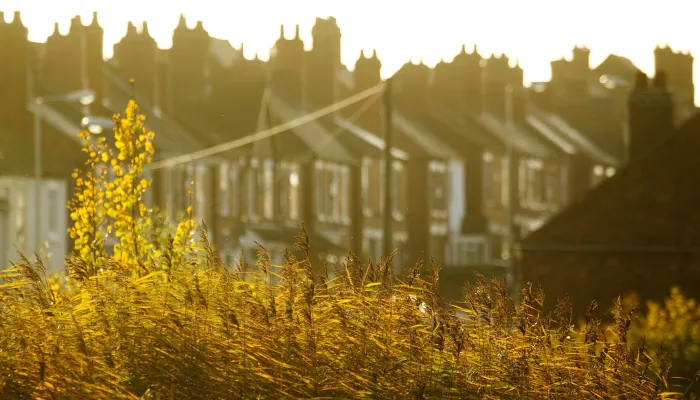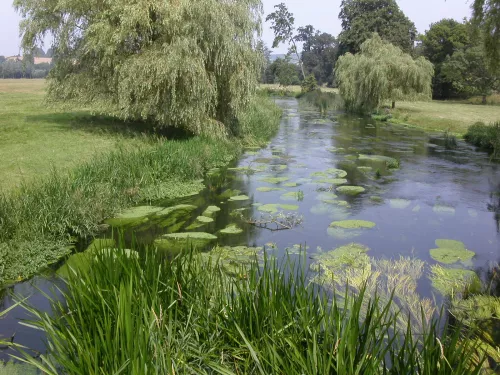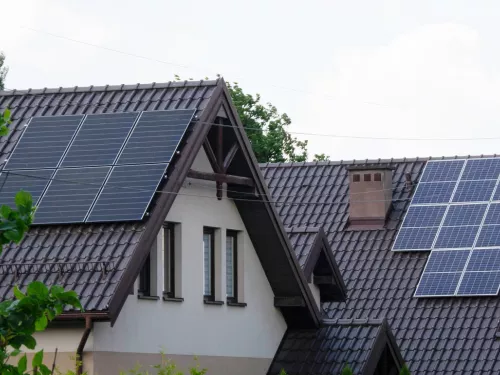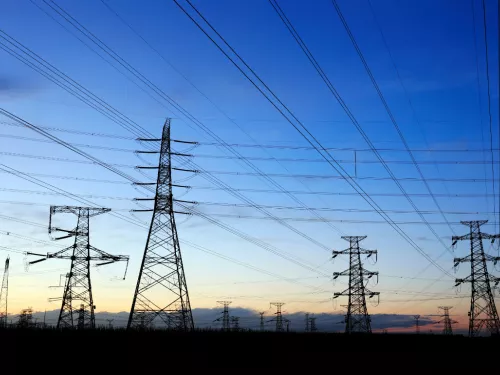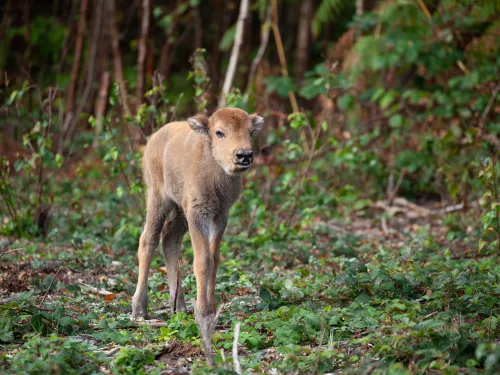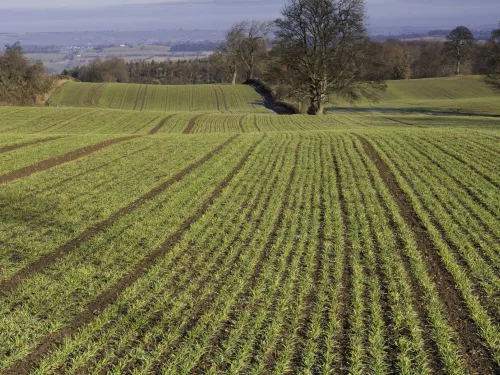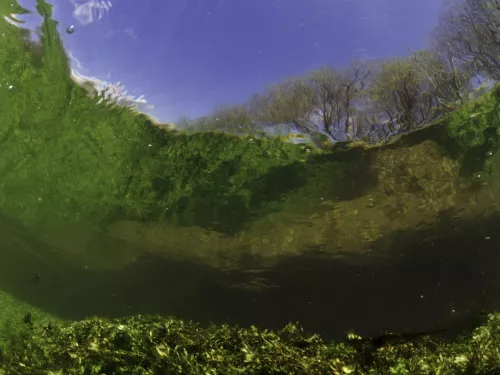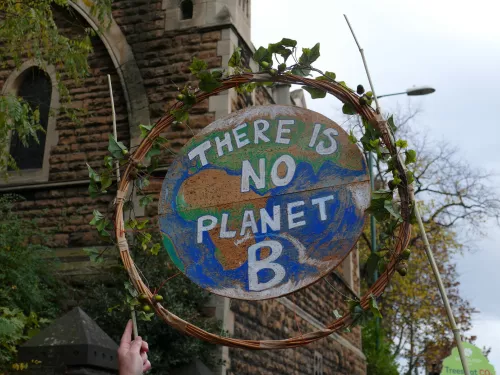
Create climate-resilient developments to help nature and people adapt to climate change
The next UK Government must measure progress on adaptation at the same time as progress on reducing carbon emissions. Adapting to climate change must be integrated across all UK Government policies to ensure that our towns and cities remain liveable, sustainable and resilient. The integration of high-quality Green Infrastructure and Nature-based Solutions (NbS) into the design of new and existing developments will deliver benefits to both nature and people and transform our urban landscapes into wildlife havens, enabling them to withstand climate change impacts. Enforcing more ambitious Biodiversity Net Gain (BNG) targets of 20% will ensure the successful recovery of biodiversity and help mitigate climate change through the restoration and protection of nature.

